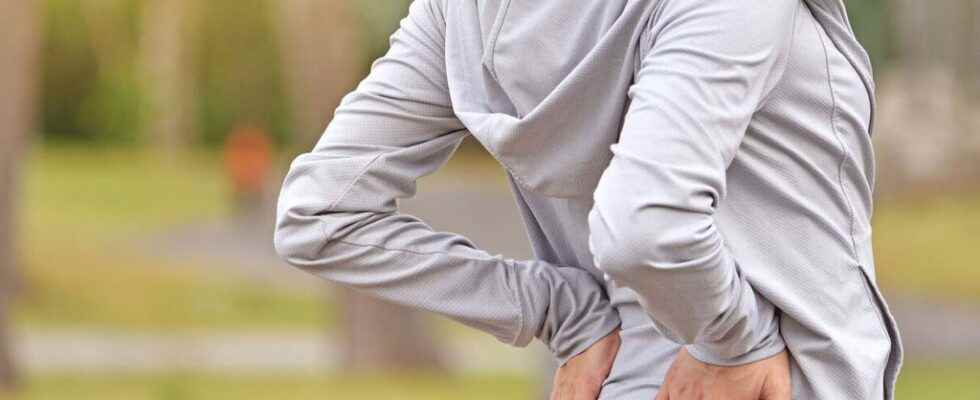Aches are the result of an unusual sports session for the body and sometimes prevent us from walking for days… What if we told you that diet could prevent them? Advice from a dietitian.
6:30 a.m.: we start by rehydrating
As soon as you wake up, to rehydrate your body, wake up your muscles and digestive system, drink a large glass of water. “It’s a reflex to have all day,” says Amandine Blachon, dietician. The body needs 1.5 to 2 liters of water daily. When we train, we must add at least 50 cl to our quota. Teas, herbal teas and coffees are diuretic drinks that do not hydrate us optimally. “It should preferably be consumed away from sports sessions. »
7:30 am: if I train in the morning
“Except when the body is used to it, it’s generally a bad idea to train on an empty stomach”, reminds our expert. To avoid hypoglycemia in the middle of the session, we eat cottage cheese with a banana. After the session, it is quite possible to have your usual full breakfast: porridge, a bowl cake or banana bread, for example.
11 a.m.: if I train at noon
Don’t forget to have a snack before putting on the sneakers. It is important to give the muscles enough to take on the physical activity that awaits them. Thirty minutes to an hour before, a snack based on protein, to prevent muscle wasting, and simple carbohydrates – fast sugars – helps them prepare for it.
A balanced plate is always composed of proteins, starches and vegetables. In order to make it optimal for the body after an effort, it is important to compensate for the loss of minerals:
- Magnesium : we sprinkle a few oilseeds on our soup or we taste a square of dark chocolate at the end of the meal.
- Potassium : we do not skimp on fruits and vegetables. We also rely on dietary yeast and its marked taste.
- Omega 3: anti-inflammatories par excellence, they will help the muscles to repair their microlesions. Naturally grilled mackerel, salmon en papillote and rapeseed oil are all good.
1 p.m.: for lunch
Even for quick meals, it is necessary favor homemade to limit pro-inflammatory foods. Industrial prepared meals, gluten, red meat or strong alcohol are the kings. After training, we avoid including them in our meals, at the risk of not being able to walk for three days.
6 p.m.: if I train in the evening
As for lunch, we nibble on a small snack before leaving to decompress from our day while sweating. When the session lasts less than an hour and a half, there is no need to supplement during the effort. On the other hand, it is interesting to eat a fruit jellie or a compote when the activity exceeds this duration, so as not to succumb to hypoglycemia and preserve its glycogen stocks.
9 p.m.: for dinner
The goal is to digest well before going to bed. Fried or scrambled eggs, accompanied by vegetables rich in water and a little wholemeal bread, should not interfere with the night. “Even if you lack an appetite, you have to eat a piece, warns the expert. A soup and roasted chickpeas for example, or at least a smoothie with protein powder. »
Our expert: Amandine Blachondietician specializing in sports practice
Read also :
Loading-widget
Loading-widget
Subscribe to the Top Santé Newsletter to receive the latest news for free
